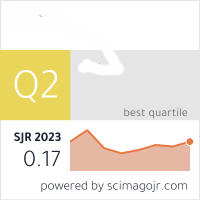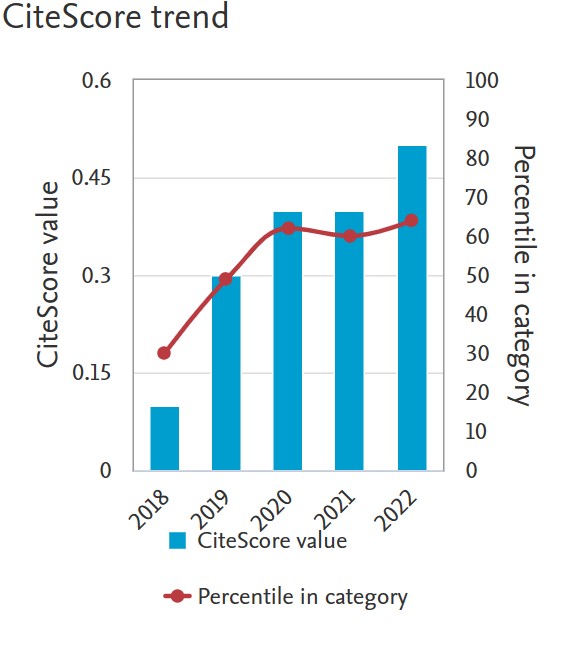Galen and the Christians of Rome
Keywords:
Galen, Adoptionism, Theodotus of Byzantium, Pope Victor, early Christian apologeticsAbstract
This paper addresses Galen’s reputation and influence among Christians of his own day, specifically examining the view that contemporary Christians mistrusted Galen because of his critical remarks about them. It required several centuries for his reputation among Christians to begin to grow. I shall argue that Galen’s estimation of Christianity was mixed.
On one hand, he was the first significant pagan writer to treat Christianity as a philosophy rather than a superstitious sect, comparing it with philosophical schools such as Stoicism and Epicureanism. On the other hand, he criticized Christians for their failure to base their doctrines on reason (logismos) rather than solely on faith (pistis). For Galen, the proper method for acquiring knowledge was scientific demonstration, not claims to divine authority. His critique of Christian fideism was taken seriously by some Christians, encouraging them to engage in the kind of philosophical speculation that would attract Galen’s approval.
The followers of Theodotus of Byzantium attempted to address the deficiencies that Galen had identified by employing a philosophical framework to frame their unorthodox adoptionism. They began to engage in philosophical speculation they believed would garner Galen’s approval, demonstrating that they could learn from their critics. As a result, what was regarded by many educated Romans in the second century as mere superstition evolved into Christianity being recognized by the third century, through the efforts of the Apologists, as a legitimate school of philosophy.
Downloads
References
Walzer R. Galen on Jews and Christians. Oxford, 1949.
Kudlien F. Galen’s Religious Belief. In: Nutton V. Galen:
roblems and Prospects. London, 1981: 117–130.
Wilken R.L. The Christians as the Roman Saw Them.
ew Haven, 1984: 68–93.
Gero S. Galen on Jews and Christians: A Reappraisal of the Arabic Evidence. Orientalia Christiana 56 (1990):
–411.
Blum J.H. Galen and the Judeo-Christian Tradition:
eflections on Galen’s attitude toward critical examination. Koroth 10 (1993–1994). P. 115–134.
Nutton V. God, Galen and the Depaganization of Ancient Medicine. In: Religion and Medicine in the Middle Ages.
Biller, J. Ziegler (eds.). York, 2001: 17–32.
Tieleman T. Galen and Genesis. In: The Creation of Heaven and Earth: Re-interpretations of Genesis 1 in the Context of Judaism, Ancient Philosophy,Christianity, and Modern Physics. Leiden and Boston,2005: 125–145.
van der Eij k Ph. Galen and early Christians on the role of the divine in the causation and treatment of health and disease. Early Christianity. 2014; 5: 337–370.
Nutton V. Ancient Medicine. Second Edition. Abingdon,U.K. 2013.
Dodds E.R. Pagan and Christian in an Age of Anxiety.
ambridge: Cambridge University Press, 1965: 120–121.
Jouanna J. Galen’s Concept of Nature. In: Jouanna J.
reek Medicine from Hippocrates to Galen. Leiden,2012: 287–311.
Haavrda M. Galenus Christianus? The doctrine of demonstration in Stromata VIII and the question of its source. Vigiliae Christianae. 2011; 65: 343–375.
Grant R.P. Galen and Origen. Journal of Theological Studies. 1983. Vol. 34. P. 533–536.
Balalykin D.A. Sushchnostnoe edinstvo dukhovnogo i
material’nogo v teoreticheskoy i prakticheskoy sisteme
Galena. Chast’ I (An essential unity of spiritual and
the material in Galen’s theoretical and practical system.Part I). Filosofiya nauki (Philosophy of science). 2014;
(62): 112–149. [in Russian]
Balalykin D.A. Sushchnostnoe edinstvo dukhovnogo i
material’nogo v teoreticheskoy i prakticheskoy sisteme
Galena. Chast’ II (An essential unity of spiritual and the
material in Galen’s theoretical and practical system. Part
II). Filosofiya nauki (Philosophy of science). 2014; 4
: 112–138. [in Russian]
Balalykin D.A. Pervaya kniga traktata Galena “O
doktrinakh Gippokrata i Platona” (The First Book of
Galen’s Treatise “On the doctrines of Hippocrates and
Plato”). Voprosy Filosofii. 2015; 8: 124–143. [in Russian]
Pease A.S. Medical Allusions in the Works of St. Jerome.
arvard Studies in Classical Philology. 1914. Vol. 25.
Sharples R.W., van der Eij k P.J. On the Nature of Man.
iverpool, 2008.
Fox R.L. Pagans and Christians: In the Mediterranean World from the Second Century AD to the Conversion of Constantine. London: Viking, 1986.
Kelly J.D.N. Early Christian Doctrines. 5th ed. New York, 1978.
Birley A. Septimius Severus. The African Emperor.
ondon, 1971.
Stark R. The Rise of Christianity. New York, 1997.
Frend W.H.C. The Rise of Christianity. Philadelphia,1984.
Nock A.D. Conversion: The Old and the New in Religion from Alexander the Great to Augustine of Hippo. London: Oxford, 1933.
Brain P. Galen on the Ideal of the Physician. South African Medical Journal. 1977. Vol. 52: 936–938.
Amundsen D.W., Ferngren G. Philanthropy in Medicine:
ome Historical Perspectives. In: Beneficence and Health Care. E.E. Shelp (ed.). Dordrecht, Holland,1982: 1–31.
Henry J. Causation. In: Science and Religion:
Historical Introduction. G. Ferngren (ed.). Baltimore,2002: 130–142.
Downloads
Published
Issue
Section
License
You are free to:
- Share — copy and redistribute the material in any medium or format for any purpose, even commercially.
- Adapt — remix, transform, and build upon the material for any purpose, even commercially.
- The licensor cannot revoke these freedoms as long as you follow the license terms.
Under the following terms:
- Attribution — You must give appropriate credit , provide a link to the license, and indicate if changes were made . You may do so in any reasonable manner, but not in any way that suggests the licensor endorses you or your use.
- No additional restrictions — You may not apply legal terms or technological measures that legally restrict others from doing anything the license permits.
Notices:
You do not have to comply with the license for elements of the material in the public domain or where your use is permitted by an applicable exception or limitation .
No warranties are given. The license may not give you all of the permissions necessary for your intended use. For example, other rights such as publicity, privacy, or moral rights may limit how you use the material.











